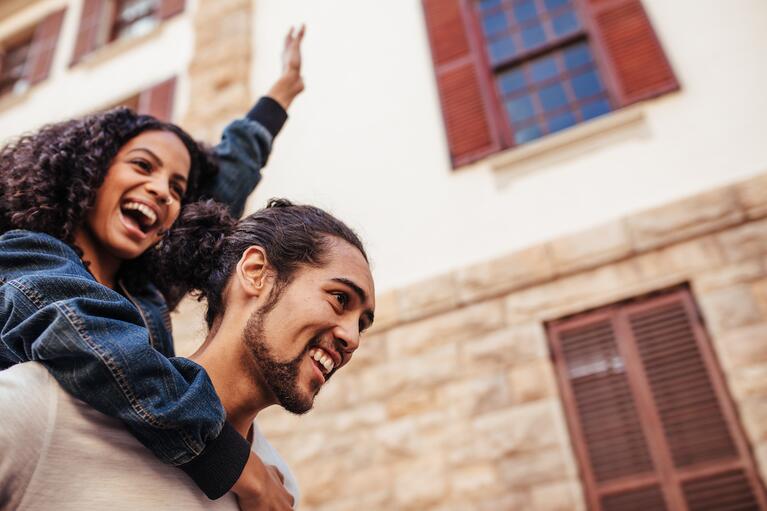Five 2022 hotel trends that are here to stay
A number of trends began to emerge and take shape last year as hotels reopened and airlines returned to the skies. Across the industry, businesses have adapted impressively fast to ever-changing consumer needs, finding creative ways to stand out in strange times. Here are five trends that have continued to evolve in 2022 and look set to define the future of hospitality.
Touchless tech
Over the last year, there has been a fast shift towards contactless tech to streamline the guest journey. Not only does the digital move alleviate some of the concerns many travellers still have regarding safety and wellbeing, it creates a more seamless and convenient touchpoint. Mobile check-in, for example, enables guests to start enjoying their stay with little delay on arrival, while freeing up resource and providing hotels with an opportunity to upsell.
Booking.com actually recently disclosed that about 60% of its bookings come via mobile, with around 40% made in-app. Now’s a good time for brands to refine (or create) their apps with features that might soon become an expectation, from mobile room keys to internet-of-things room controls and loyalty account management. Of course, there’s a delicate balance to be struck between digital efficiency and the human aspect of a hotel stay.
Wellness and cleanliness
According to one industry leader in this recent piece by the World Economic Forum, “all travel is wellness-related now”. Liz Ortiguera, CEO of the Pacific Asia Travel Association, shares that across the region, health and wellness continue to be top of mind. Similar findings have been reported in the UK, with one survey revealing that 77% of respondents were willing to pay for better-quality accommodation to ensure a safe stay.
As a part of this movement, there has also been a continued rise in the number of travellers seeking wellness experiences. Time in nature, healthy food options, sleep-focused packages and mindful activities are among some of the preferences seen by guests this year. Uncoindentally, Accor has launched a new podcast named ‘Health to Wealth’, featuring speakers from across the wellbeing industry in response to what is “no longer a trend but an anchored movement [towards prioritising wellbeing] reinforced by the pandemic”.
Blended travel purposes
Domestic travel remains the strongest market and hybrid working is still commonplace, with many professionals having no plans to return to full-time office life. A trend that many hotels have seen fit to invest in for the long term is flexible public spaces, catering to a local, lifestyle-led clientele without watering down that magic hotel atmosphere for leisure guests. Comfortable in-room desk set-up, decent Wi-Fi, good coffee and appealing ways to bookend working days will encourage longer stays.
Personalisation
Catch-all marketing is becoming a thing of the past as brands seek to better understand and serve their customers. The personal touch can make a lasting impression – that is what hospitality is all about, after all. The more you can learn about your guest, the more effectively you’ll be able to tailor their experience from consideration stage through to post-stay. In addition to curated communications, allowing guests to customise aspects of their experience (perhaps the minibar, the pillows, or the bathroom amenities) puts them in control of their stay. Ultimately, the digital journey should be a pathway to a more personalised and memorable stay.
Sustainable choices
Travellers around the globe are increasingly expressing intent to explore more sustainably, with 90% wanting to see lower-impact options when booking a trip, per an Expedia Group survey. In a separate 2022 Sustainable Travel report by Booking.com, the majority of respondents indicated a desire to reduce the footprint of their travels. As many as 71% answered that they plan to travel more sustainably in the next year, while 66% want to have experiences that are representative of the local culture.
Though some changes can seem costly, inaction will mean playing a tricky game of catch-up later, and could result in brands losing guests to greener competitors. As evidenced by the Booking.com report, the appetite for ‘travelling better’ factors community impact alongside environmental concerns. There is an opportunity for brands to partner with local businesses – an excellent way to provide an authentic, locally rooted experience. Collaborate with walking guides who can offer a unique insight into the area, independent food purveyors, artisans and artists to create a richer experience for guests that they can’t find anywhere else.
We help help hotels reach their audience and generate revenue across all media. Discover how we can help you with your hotel marketing.
